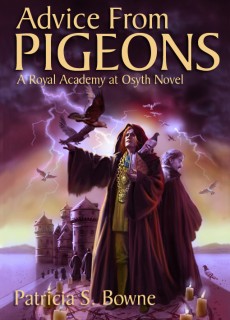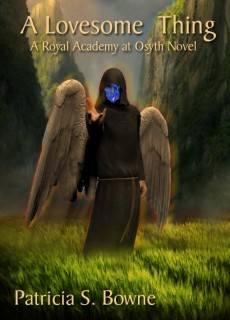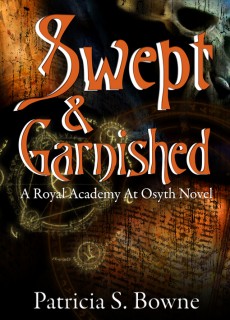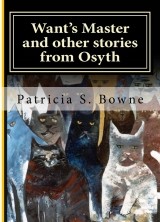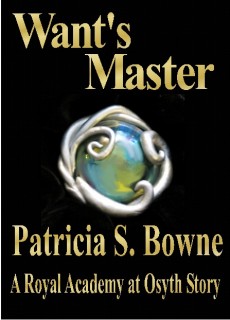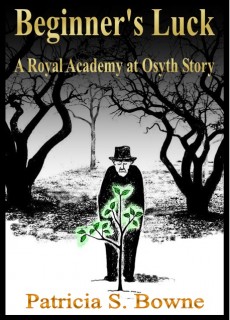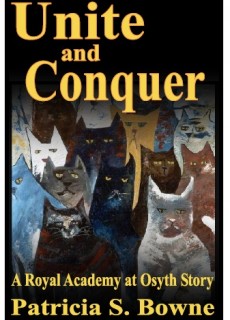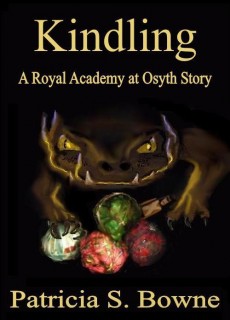I’m an inefficient blog reader, so sometimes I take a few months to catch up with even the blogs I like best. Today was one of those days; I picked E.M. Bowman’s blog out of my bookmarks more or less at random, and ran into a fascinating flowchart about types of dystopias, and a link to another by Maureen Johnson.
It’s a topic my writers’ group has discussed a lot lately, because one of us is writing a YA set in a fictional society. YA being sort of by definition about discovery and making independent judgments, there’s a built-in tension in such a story. Readers are on the alert, watching for the tell-tale signs that this utopian society is actually a dystopia, and when the protagonist doesn’t pick up on those signs the question always arises — is this because the protagonist is dumb? Is it because the protagonist doesn’t see these aspects of the society as problematic? Is it because the author doesn’t see these aspects of the society as problematic?
I know some people set out to write dystopias on purpose, but what’s interesting me right now is the question of how not to write a dystopia. What authorial tricks can turn off readers’ dystopia sensors? Because judging a society is as distracting in reading as it is in real life. It’s like having CNN on in the background.
Thinking about the books I’ve read recently that manage to turn off my dystopia radar, I’ve come up with some tricks that seem to work.
1. ADMIT IT! This is absolutely key for me. If nobody in the book admits that their society has big problems, I as reader reluctantly take up the burden; and since I can’t actually point things out to the characters in the book, I get madder and madder as it goes on. I eventually redirect my anger from the characters to the author, and begin making judgments about the author’s character…
To turn off my meta-reading of the society, somebody in the book has to be doing it for me. Then my frustration will be replaced by happy agreement with them and, by extension, with the author.
2. REVEL IN IT. Terry Pratchett does this in a big, big way. Does anybody really want to live in a city where the river is so polluted that dead bodies won’t sink in it? Yet it’s a beloved, defining characteristic of Ankh-Morpork. The way he mentions it every time he describes the city turns it into a background fact of life, and tells me as reader that this is not being presented as anything like a utopia, so get over it already. Spotting the ways in which Ankh-Morpork is dystopian is like spotting the ways in which mosquitoes are not human; easy, but pointless.
3. MODEL APPROPRIATE RESPONSES. I don’t mean by this that you should show people from your fictional world behaving as if they were people from 21st-century earth. I mean that people from the fictional world should be dealing with its dystopian aspects as somebody who lived in that world would deal with them. For instance, in ‘Under Heaven’ by Guy Gavriel Kay there are many dystopian aspects to the world presented. One striking one is the cruelty with which the upper classes can treat the lower classes. What took the curse off this for me was the part of the book in which a rich man’s concubine befriends the servant the rich man has crippled, and is befriended in return. Yet she did not do this by railing against, analyzing, or setting out to subvert the society’s cruelties. She simply was kind – reminding me that analyzing the society might be beside the point, and that I would be better off paying attention to the characters’ actions.
4. FREE YOUR CHARACTERS. You could have them move to Galt’s Gulch, I suppose, but then I’d start trying to spot the dystopian aspects of Galt’s Gulch … no, by freeing the characters I mean writing characters with lives big enough to not be defined by the less-than-perfect aspects of your society. Show me that in spite of living in this nasty society, your character still gets to enjoy grilled cheese.
The trick here is that the happy things the character gets to enjoy have to be things that are not aspects of the society. If they’re societal functions, that’s really not an escape for the character or the reader. It’s just another piece of data that I have to weigh in the balance as I try to judge the society.
So to turn off my internal societal critic and avoid writing and inadvertent dystopia, you basically need to portray people living in an openly imperfect society, but nevertheless managing to enjoy things I can identify with and lead lives I can admire. I suppose if you wanted to write a dystopia on purpose, you might do the opposite; I’ve never wanted to write a dystopia, or read one, so I’m not a good judge of that. Any ideas from actual dystopia experts?

